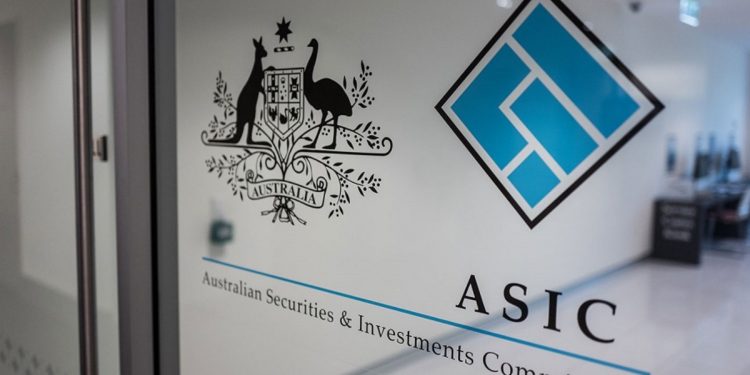Australian Sustainability Reporting Standards
The Australian Accounting Standards Board (AASB) released the Australian Sustainability Reporting Standards (ASRS), aiming to establish an internationally accepted sustainability disclosure framework.
The ASRS released by the AASB consists of three parts, namely the general standards for climate-related financial information disclosure, the climate-related financial disclosure standards and ASRS references. The first two standards refer to IFRS S1 and IFRS S2 released by the International Sustainability Standards Board (ISSB).
Related Post: Australia Plans to Establish Climate Related Financial Disclosure Framework
Background of Australian Sustainability Reporting Standards
Australian Accounting Standards stipulate that General Purpose Financial Statements (GFPS) need to consider climate information that has a material impact on the company’s financial position. However, accounting standards do not explicitly mention climate-related matters. As international sustainability reporting standards continue to improve, the AASB has included sustainability reporting in its work and introduced international climate-related financial reporting standards.
Since the establishment of the Task Force on Climate-Related Financial Disclosures (TCFD) in 2017, some companies have begun to disclose sustainable information in accordance with the framework of governance, strategy, risk management, and metrics. After the ISSB issued IFRS S1 and IFRS S2, the AASB developed a separate set of sustainable accounting standards based on international standards and required companies to disclose them in annual reports to meet the needs of stakeholders.

Application of Australian Sustainability Reporting Standards
Although there is currently no law stipulating the scope of application of sustainability reporting standards, the Australian Treasury has listed companies that should comply with climate-related disclosure requirements in its proposed road map.
These companies are divided into three groups. The first group starts in fiscal year 2024 and includes companies with more than 500 employees, total assets of more than $1 billion, or revenue of more than $500 million. The second group begins in fiscal year 2026 and includes companies with more than 250 employees, total assets of more than $500 million, or revenue of more than $200 million. The third group, starting in fiscal year 2027, includes companies with more than 100 employees, total assets of more than $25 million, or revenue of more than $50 million. Meeting two of the three conditions above requires propriate disclosure.
Differences between Sustainability Reporting Standards and ISSB Guidelines
ASRS is based on IFRS S1 and IFRS S2 issued by the ISSB, but the AASB has adjusted some of its provisions so that ASRS is applicable to Australia. For example, IFRS S1 uses a conceptual description of the applicable objects, but the conceptual framework cannot be used as a mandatory standard, so the AASB clearly stipulates the applicable objects. In addition, IFRS S1 only considers for-profit entities, while the AASB also includes non-profit organizations. ASRS developed by the AASB focuses more on climate-related financial disclosures, while IFRS involves all financial disclosures related to sustainable development, including climate-related financial disclosures.
In terms of carbon emissions, IFRS S2 recommends using the greenhouse gas measurement standards issued by the Intergovernmental Panel on Climate Change (IPCC), while the AASB recommends using the National Greenhouse and Energy Reporting Act (NGER).
Next Steps for Sustainability Reporting Standards
In addition to formulating general standards and climate-related financial disclosure standards, the AASB has also developed ASRS references and included other documents related to climate-related financial disclosures for company reference. These documents include non-legal documents published by Australia, international greenhouse gas measurement standards and other international sustainability disclosure documents. These documents are the basis for general guidelines and climate guidelines and may continue to be revised in line with international standards.
The AASB plans to apply ASRS to fiscal years after July 2024, but the actual timing of its use still needs to be decided by legislation. ASRS will seek comments from stakeholders until March 2024.
Reference:
Australian Sustainability Reporting Standards – Disclosure of Climate-related Financial Information
Contact:todayesg@gmail.com








